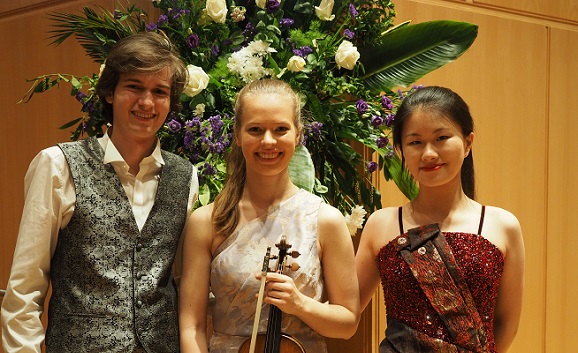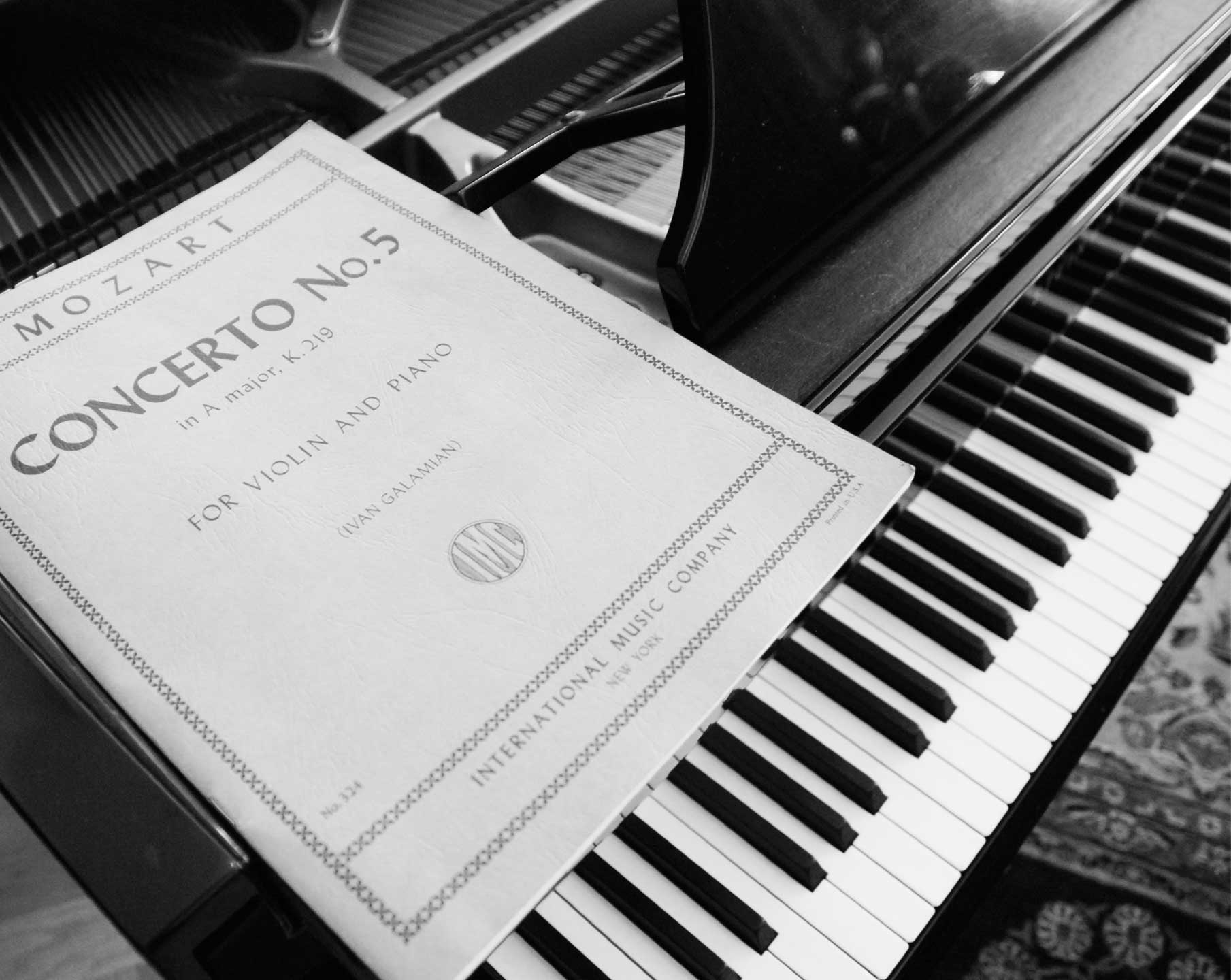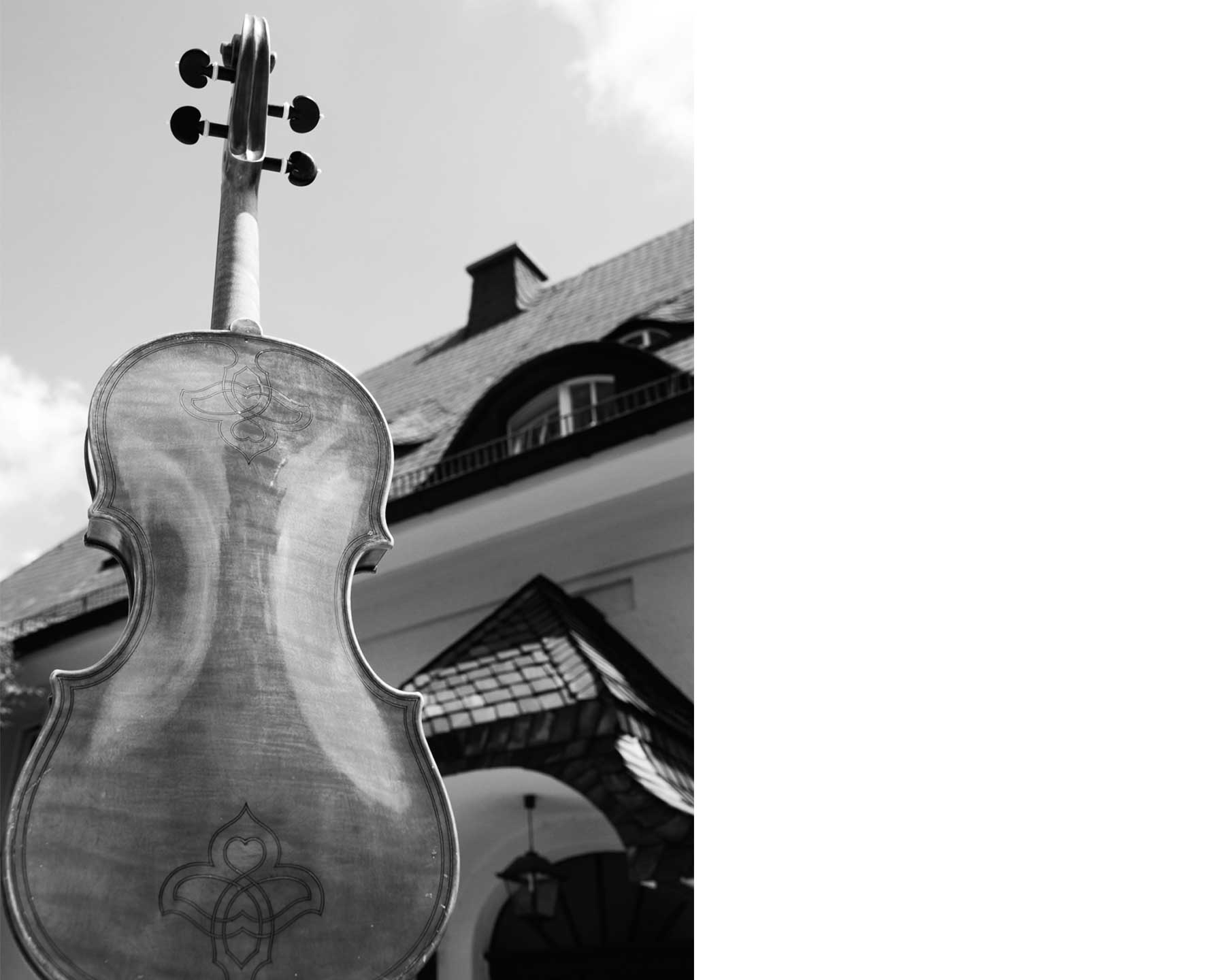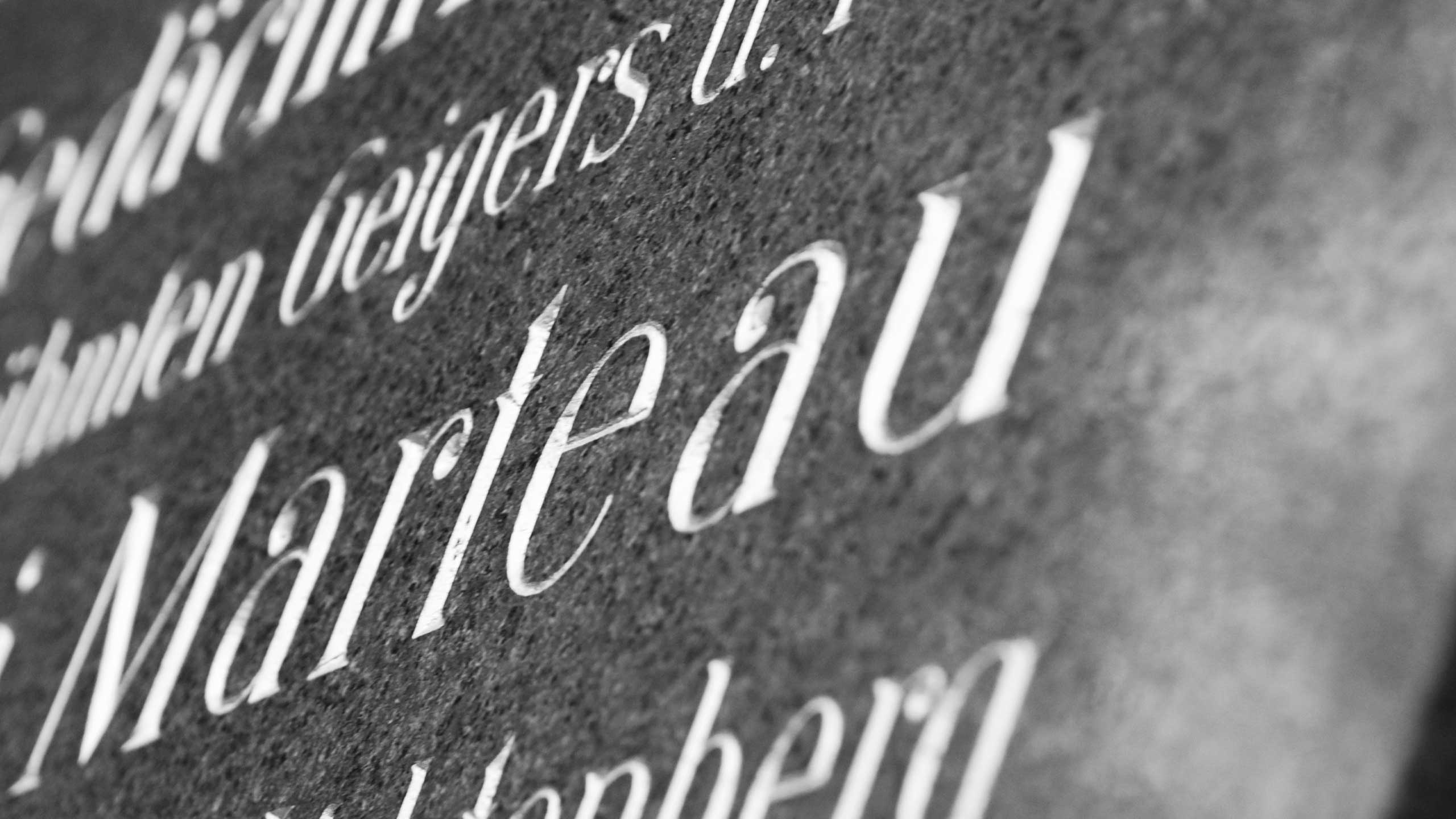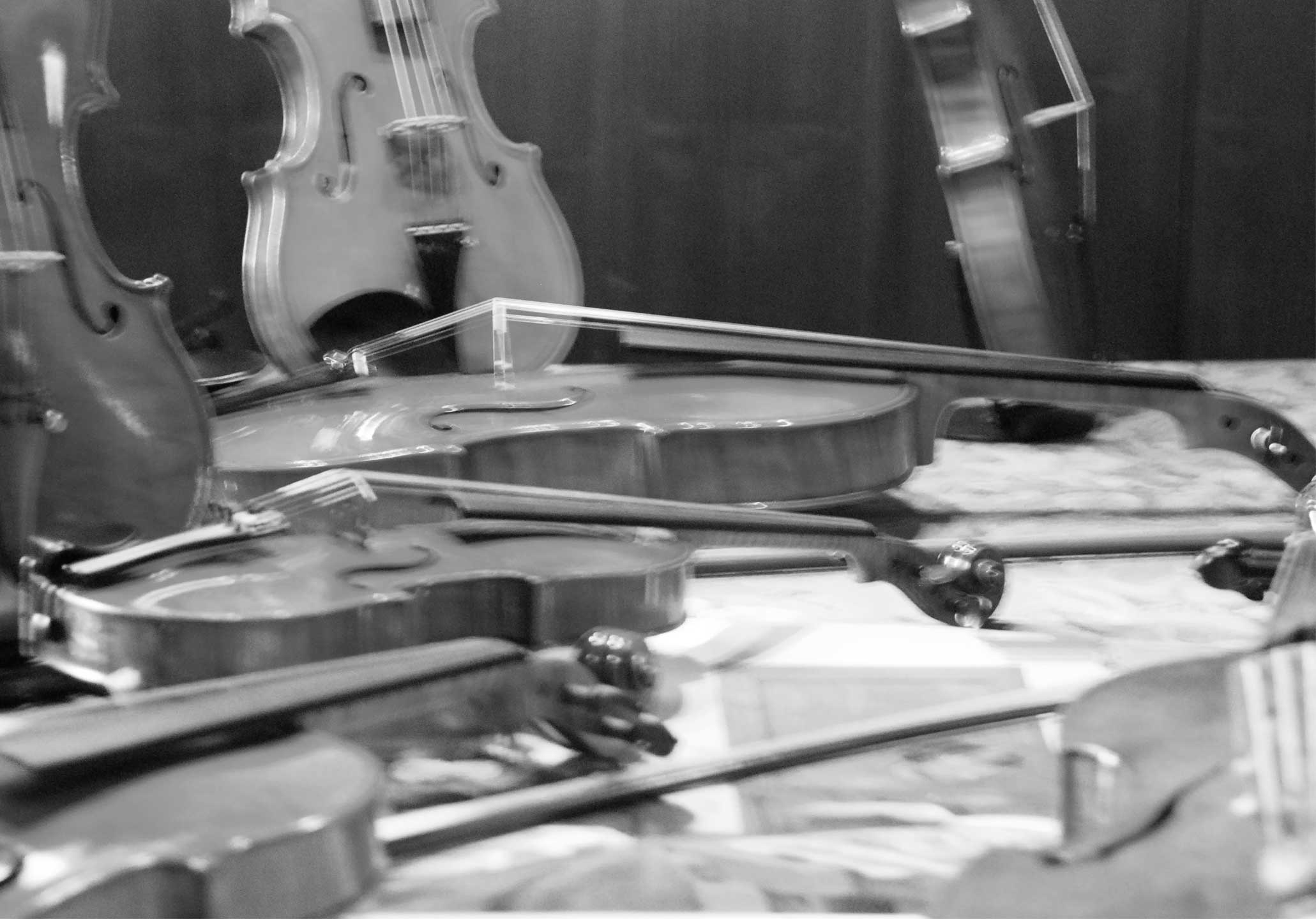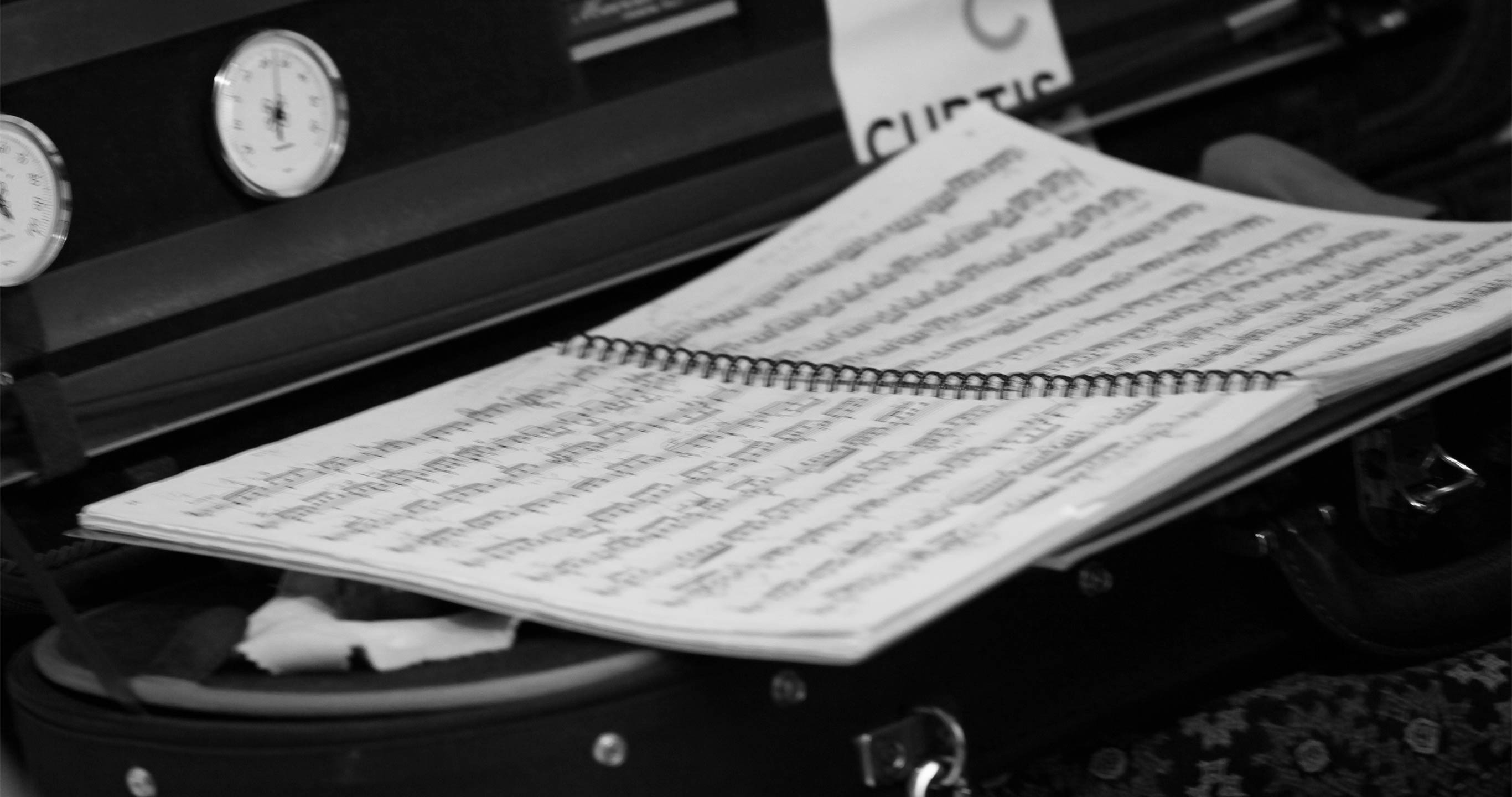Xiaogang Ye

Xiaogang Ye is regarded as one of the most leading and influential composers in contemporary China. Now living in Beijing, Ye was born and raised in Shanghai where he experienced Mao Zedong’s Cultural Revolution in which Ye was sent to a factory to work as a benchworker for 6 years, and before that he was sent to a farmer just after his graduation from a middle school. Following the end of the Cultural Revolution, China re-opened its Central Conservatory of Music and Ye was one of only 30 selected to attend among thousands of applications. By the time he arrived in the United States in 1987 to pursue the degree of Master of Music at Eastman School of Music, Ye was already famous in China. He came back to China from abroad in 1994 and served as the associate professor, full professor, doctoral advisor, vice chair of the composition department, school inspector and vice president of the Central Conservatory of Music successively. Ye is currently a member of the 13th Chinese People’s Political Consultative Conference, vice chairman of the China Federation of Literary and Art Circles, and chairman of the China Musicians’ Association. Ye is the founder and artistic director of the Beijing Modern Music Festival since 2002.
A winner of today’s most prestigious honors including the 2012 Guggenheim Fellowship Award, and a 2013 China Arts Award, Xiaogang Ye makes music that is played throughout the world by leading orchestras in Opera house, international festivals, and on radio and television. Ye’s piano concert, Starry Sky which was played by Lang Lang, was appreciated by about 3 billion audience worldwide in the opening ceremony concert of the Beijing Olympics in 2008.
Since 1987, Ye’s works have drawn attention both in Eastern Asia and in the West, being played by international orchestras and ensembles including New York Philharmonic, Detroit Symphony Orchestra, Cleveland Orchestra, Nebraska Symphony Orchestra, the Royal Philharmonic Orchestra, Royal Scottish National Orchestra, the RTÉ National Symphony Orchestra of Ireland, Munchner Philharmoniker, Bamberger Symphoniker, Philhamoniker Hamburg, Deutsche Radio Philharmonie Saarbrücken Kaiserslautern, New Zealand Symphony Orchestra, Tokyo Symphony Orchestra, Singapore Symphony Orchestra, Hong Kong Philharmonic Orchestra, Macau Orchestra, National Symphony Orchestra (Taiwan), China Philharmonic Orchestra, China National Symphony Orchestra, China NCPA Orchestra, Shanghai Symphony Orchestra, Ensemble Modern, Ensemble Utopik, New European Ensemble, the Chamber Music Society of Lincoln Center, and NZTrio, etc. He is the composer in China who presented the most concerts of his personal works. His concerts have been presented in all the musically advanced cities of China.
From the year 2013 on, the “China Story” series concerts which featured all Ye’s music have been presented all over the world including the Avery Fisher Hall of Lincoln Center in New York, China National Center for the Performing Arts in Beijing, Saarbrücken and Münich, San Jose of Costa Rica, Kolkata of India, Edinburg and Glasgow, Berlin, Moscow, Nates of France, Lima of Peru, and Dublin of Ireland respectively by the Detroit Symphony Orchestra, China National Symphony Orchestra, China NCPA Orchestra, Deutsche Radio Philharmonie Saarbrücken Kaiserslautern, the National Symphony Orchestra of Costa Rica, Royal Scottish National Orchestra, Deutsches Symphonie-Orchester Berlin, the Russian National Orchestra, Ensemble Utopik, the National Symphony Orchestra of Peru, and the RTÉ National Symphony Orchestra of Ireland and got history-making successes. These concerts make the world know more of the Chinese composer.
Ye has composed a large number of works in a variety of genres, including symphonic music, chamber music, dance drama, and opera, as well as film and TV music. His important symphonic works include Horizon, Sping (Symphony No.2) , The Great Wall (Symphony No.2), The Last Paradise, Twilight in Tibet, Chu (Symphony No.3), Pipa Concerto, The Way to the Republic (Cantata), Seven Episodes for Lin’an, Cantonese Suite, Violin Concert No.1, Scent of Green Mango, Twilight of the Himalayas, Scent of Green Mango, Mount E’mei, Songs from the Steppe (Symphony No.4), Lu Xun (Symphony No.5), Tianjin Suite, Symphony Hidden Tapestries-Myths of Creation,etc. His chamber music works include Lamura Cuo, Namucuo, Springs in the Forest, Yangzhuoyong Cuo, Mapangyong Cuo, Gardenia, Nine Horses, San Die, Basong Cuo, etc. His dance dramas include Story of Shenzhen, Macao Bride, and others. His most well-known operas are Song of Farewell, Yong Le, and Peony Pavilion. Meanwhile, Ye is also a successful film music composer. He has composed for more than 30 important movies and TV plays in China, and won “The Best Music Award” for 5 times. Though these film music haven’t been put into his main compositions, but granted him the impact of the unprecedented in China. He received “Man of China” honorary title in 2005.
Ye has special preference to the themes of his music works. The most noticeable is his “Tibet Series”, among which people could see the influence of Tibetan Buddhism, Bonism, the unique geomorphology and humanism of Tibet in the Tibetan “Nice Sacred Lakes Series”. There is a “Tropic Plants Series” in Ye’s works. It embodies the subtropical zone-born musician’s sensitivity to the natural environment. In this series, Scent of Green Mango, Enchanted Bamboo, Datura, Hibiscus, Gardenia, and Lagerstroemia Indica, etc. show distinct personal characteristics of the composer. In addition to many works of China’s historic theme, Xiaoagang Ye also has a “Namesake Series” of the classic works in western music history. The most famous from the series is his Das Lied von der Erde (The Song of the Earth), which is the same to Gustav Mahler’s work in both of name and the content for Chinese Poems in Tang Dynasty. This work of Xiaogang Ye’s version has already been performed in many famous concert venues in the world. The same to it, he composed La Mer with Claude Debussy’s work.
Ye records for Wergo, Naxos, BIS, and Delos. He was the first Chinese composer to sign with Schott Music. Ye’s Beijing Modern Music Festival has being received extensive attention. The concerts of international quality held each year in the festival have been almost full house every time. And it has been a miracle in China’s modern music.
As a member of the 13th Chinese People’s Political Consultative Conference, Ye has been enthusiastic in promoting music and nationwide aesthetic education for the overall improvement of national quality. He made daring appeals to increase government funding to art projects and has proposed motions to the authority concerning cross-cultural exchanges, and the international-scope protection of music copyrights.
At the many national meetings, Ye has been relentlessly calling for public attentions to the protection of intellectual property, and the promotion of cultural exchanges with the rest of the world, which have witnessed dramatic progress as a result of his vigorous efforts.

